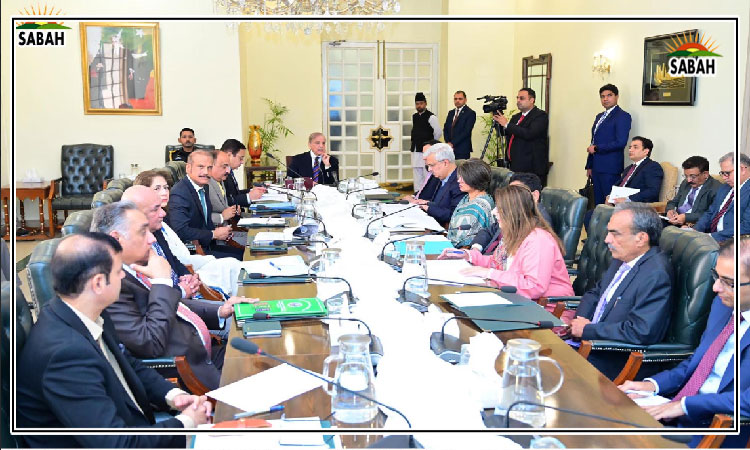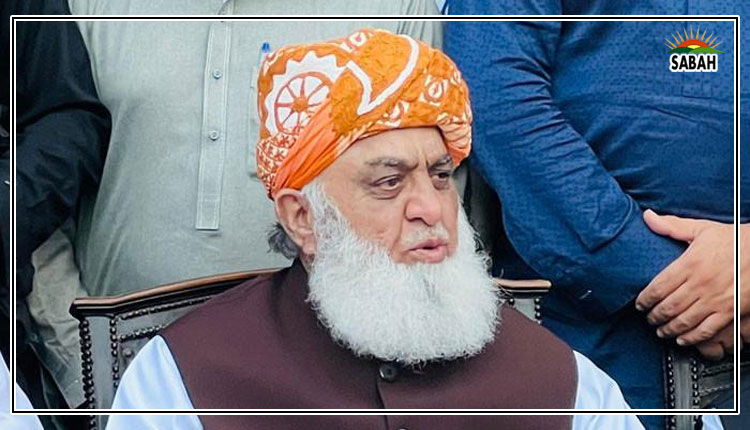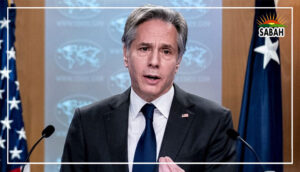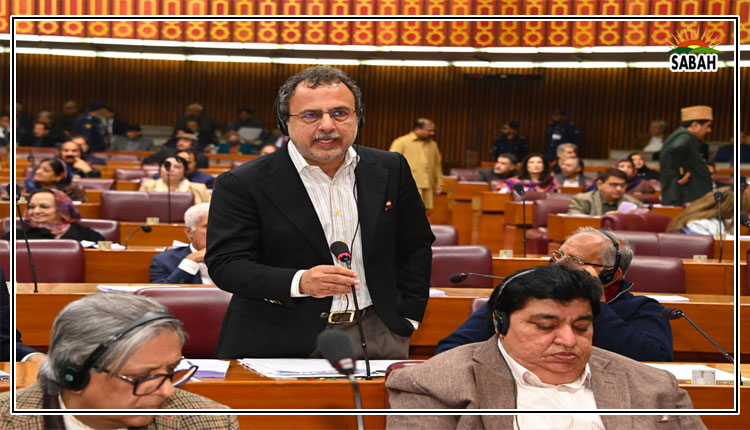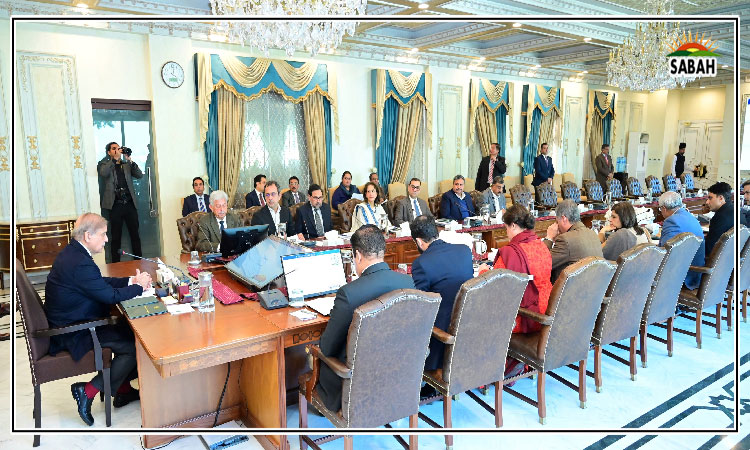A false start? …Farhan Bokhari
As Pakistan’s rulers claim victory for overseeing stability on multiple fronts, the country is in danger of witnessing just a false start. This week’s passage of the controversial 26th Amendment or securing an economic lifeline for the next three years or finding a spot under the global limelight together will do little to end Pakistan’s ongoing crises.
Despite securing yet another IMF loan worth $7 billion for the next three years, the country will at best remain just afloat. Meanwhile on the diplomatic front, last week’s gathering of members of the prestigious Shanghai Cooperation Organization [SCO] in Islamabad, became only possible because it was Pakistan’s turn to play host. Amid a tight lockdown of Islamabad and its surrounding areas, the event said little about Pakistan’s profile about to be lifted to the days when it stood centrally under the global spotlight.
Frequently in the past, similar false starts have been mistakenly publicised as a long overdue turning of the corner. And often in the past, Pakistan has tragically returned to another eventual era of crisis marked by turbulent politics, economic disarray and a search for a foreign saviour.
As long as the US remained directly involved in Afghanistan, Pakistan was showered with financial largesse that kept its economy in motion. But today, Washington’s appetite to prop up Pakistan is diminished.
Instead, Pakistan’s search for external patrons has taken the country to oil rich friends in the Middle East and of course China, the world’s fastest growing economy. Yet, there are limits to the successful conclusion of that search.
The key to ending Pakistan’s woes lies fundamentally on the home front. The celebrations on Monday across Pakistan’s power corridors after a post-midnight passage of the 26th Amendment, failed to mask the controversy surrounding this achievement.
Eventually, the increased powers of Pakistan’s elected leaders to tighten curbs around the Supreme Court still failed to answer the fundamental riddle – how does this empowerment help tackle the vast economic, political and societal challenges that surround the country?
On the economic front, even if about two per cent of the population now stands counted among Pakistanis registered to pay their income tax, that’s no more than an insignificant drop in a bucket. The failure to tax members of powerful lobbies, from influential politicians to urban economic barons, has only perpetuated the crisis.
Closely behind the multiple economic pitfalls lies the fallout from increasingly turbulent politics. The widespread rejection of the results of this year’s parliamentary elections has created the most powerful rift in Pakistan’s history. That rift has deepened with one of the most inept governments placed in charge of the country.
The controversy recently triggered over a popular rejection of a young woman’s alleged rape in Lahore immediately raised questions over the Punjab government’s capacity to deal with any crisis. Exactly why the provincial chief minister publicly vented her anger over segments who joined a wave of protests remains baffling.
Instead, appointing a judicial commission to probe the matter and acting once its findings were public would have been a smarter move. A knee-jerk reaction to be ‘seen to be doing something but without substance’ hardly came within the ambit of a clever rule.
As Pakistan’s streets largely face a prevailing disquiet, the disconnect between the rulers and the ruled has become a more glaring gap. It is a repeat of previous eras when the country’s rulers at the centre and its provinces simply failed to read the writing on the wall.
For instance, the repeated official mantra seeking credit for falling inflation fails to appreciate a deepening rot. Across Pakistan, the fallout from inflation of the recent past has already caused irreparable harm. As low to moderate income households battle exorbitant food prices, raising their incomes and affordability of essential needs remains the key national challenge.
In a year when Pakistan’s farmers were badly stung after domestic wheat prices just crashed, there’s no justification for embarking on large infrastructure projects that will inevitably add to the nation’s already dangerous indebtedness. Yet that’s exactly the choice of being spendthrift in the wrong areas now blatantly being followed by the ruling structure.
Rather than lifting prospects for Pakistan’s agriculture to lead the country towards harshly dropping its reliance on food imports while making food stuff more affordable, the emphasis on large brick-and-mortar projects is clearly out of sync with the reality.
A powerful retreat from present policy pursuits must be led by radical choices. Unlike the world’s more advanced democracies, Pakistan’s elected representatives over time have turned themselves into decision-makers for billions of rupees funneled to their constituencies in the name of development. This must stop as public representatives are forced to turn towards their prime duty of making and refining legislation. Tightening the official grip around the Supreme Court as witnessed this week will hardly lift Pakistan’s vital prospects for the better.
Courtesy



